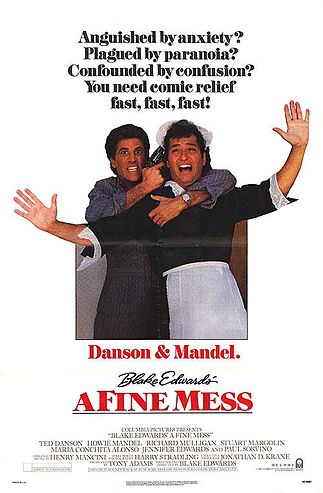

Continuing our emphasis on the USPTO today, right now we focus on Patently-O, a decent source of information about patents (albeit sometimes a tad biased because of Dennis Crouch's occupation and surroundings/environment).
"Remember that the ITC helped Microsoft embargo competing mice from Asia when Microsoft's patent aggression began, not too long before the historic TomTom lawsuit which served as a deterrent to many other Linux distributors after 2009."Other articles from Patently-O note (regarding Cuozzo v. Lee) that "it may make the most sense for the Supreme Court to dismiss the claim construction issue as improvidently granted but retain question two regarding the appeal of institution decisions." We wrote about this case in the middle of February, right after Antonin Scalia had died.
Another new Patently-O article says: "Most firms, of course, are aware of their ethical obligations to take reasonable precautions to secure client confidences, no doubt in part because the standard of care requires it, hacks are public knowledge, and in fact the FBI issued a warning several years ago on this point. But a Citigroup report dated almost exactly one-year ago said that lawyers still were behind the curve, and articles specific to IP firms (such as this one, calling IP firms the low-hanging fruit compared to the USPTO’s data) are out there also signaling warnings."
"It's as though we're dealing here not with a patent system but a filing system, wherein patents are properly examined only when taken to court (or to PTAB)."Both IP [sic] firms and the USPTO are biased. They cater for themselves. Then there are the extremes like IAM 'magazine'. It's expected that many people out there will be biased, but realisation of this bias is key. In many people's view, Techrights too is "biased" -- a claim we're not trying to deny but at least make rather evident (e.g. from the style). Even journalists are biased, but they do a better job hiding it (or their publishers hide it while commissioning journalistic endeavors based on the paper's agenda).
One very recent article from Patently-O said "lawyer must certify that, based upon a reasonable investigation, that a substitute claim is patentable" (lawyers typically do whatever it takes to just get the job done, i.e. patent something if working for an applicant/plaintiff or invalidate if working for a defendant/challenger).
"The US patent system is in a sordid, sad state."One last article from Patently-O said: "The second point seems to be that conflict-free counsel would have obtained broader claims that covered Savi’s commercial products. Here, the appellate court said there was no evidence the USPTO would have issued the claims. It is not clear what was done by Axcess: did the expert compare the hypothetical claims to the prior art of record? If so, that would seem to be enough, but the appellate court stated that there had to be evidence of how the USPTO would have responded to hypothetical patent applications and “evidence from similar cases.” In a vacuum and without the full trial record, this seems odd. Again, the opinion is hard to follow."
Given the PTO's figures, it's hard to imagine that they do any quality control at all, but now that there's a $42 million verdict at stake suddenly they actually try to get the job done properly. It's as though we're dealing here not with a patent system but a filing system, wherein patents are properly examined only when taken to court (or to PTAB).
The US patent system is in a sordid, sad state. ⬆